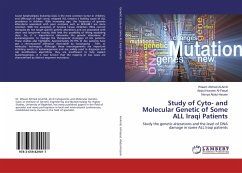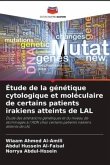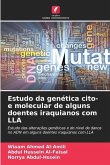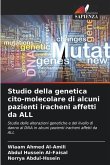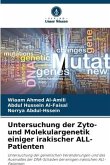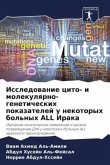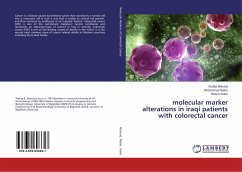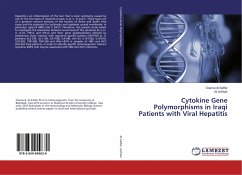Acute lymphoblastic leukemia (ALL) is the most common tumor in children, and although of high cured, relapsed ALL remains a leading cause of ALL prevalence in children. With increasing age, the frequency of genetic alterations associated with poor outcome such as BCR-ABL1 are more common. With the exception of tyrosine kinase inhibitors (TKIs) current therapies do not target specific genetic alterations and are associated with short and long-term toxicity that limit the possibility of lifting escalating dose. So, it is important to determine the genetic alterations of leukemogenesis, to manage the therapeutic strategies of ALL patients. These studies also highlights. Approximately 70-75% of ALL patients have got a chromosomal alteration detectable by karyotyping , FISH, or molecular techniques. Although these rearrangements are important initiating events in leukemogenesis and are widely used in diagnosis and risk stratification algorithms, they are insufficient to fully explain leukemogenesis. It is now known that the majority of ALL cases are characterized by distinct sequence mutations.
Bitte wählen Sie Ihr Anliegen aus.
Rechnungen
Retourenschein anfordern
Bestellstatus
Storno

